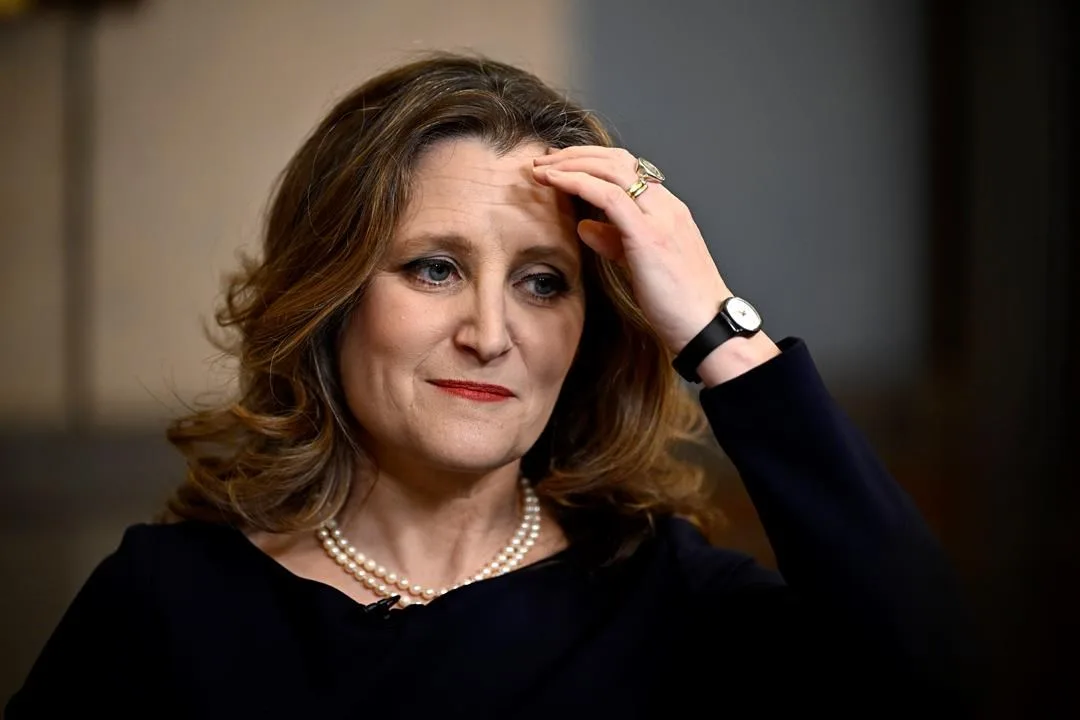Finance Minister Chrystia Freeland has put forward proposed changes to capital gains tax rates in a stand-alone bill. However, the most controversial measure from her recent federal budget is conspicuously absent from the motion she tabled today to introduce the federal budget in the House of Commons. Let’s delve into the details:
What’s at Stake?
- The proposed changes aim to tax two-thirds of capital gains, or profits made on the sale of assets, rather than the current 50% tax rate.
- The increase in what is called the “inclusion rate” would apply to capital gains above $250,000 for individuals and all capital gains realized by corporations.
- These changes are expected to generate more than $19 billion in tax revenues over five years, which will help fund new spending initiatives like housing and national defense.
Controversy and Pushback:
- Businesses, entrepreneurs, and doctors have expressed concerns about these changes.
- Doctors, in particular, worry about the impact on their retirement savings.
- The government, on the other hand, argues that these changes are about ensuring “fairness” in the tax system.
What’s Included in the Budget Motion?
- Freeland’s motion includes several other measures announced in the budget, such as the national school food program, updates to programs for first-time home buyers, and tax changes for short-term rental owners.
- However, the capital gains tax changes are notably absent from this motion.
In summary, while the capital gains tax changes remain a contentious issue, they will be addressed separately in a stand-alone bill. As the debate continues, the government aims to strike a balance between revenue generation and fairness in the tax syste.



Comments
Post a Comment